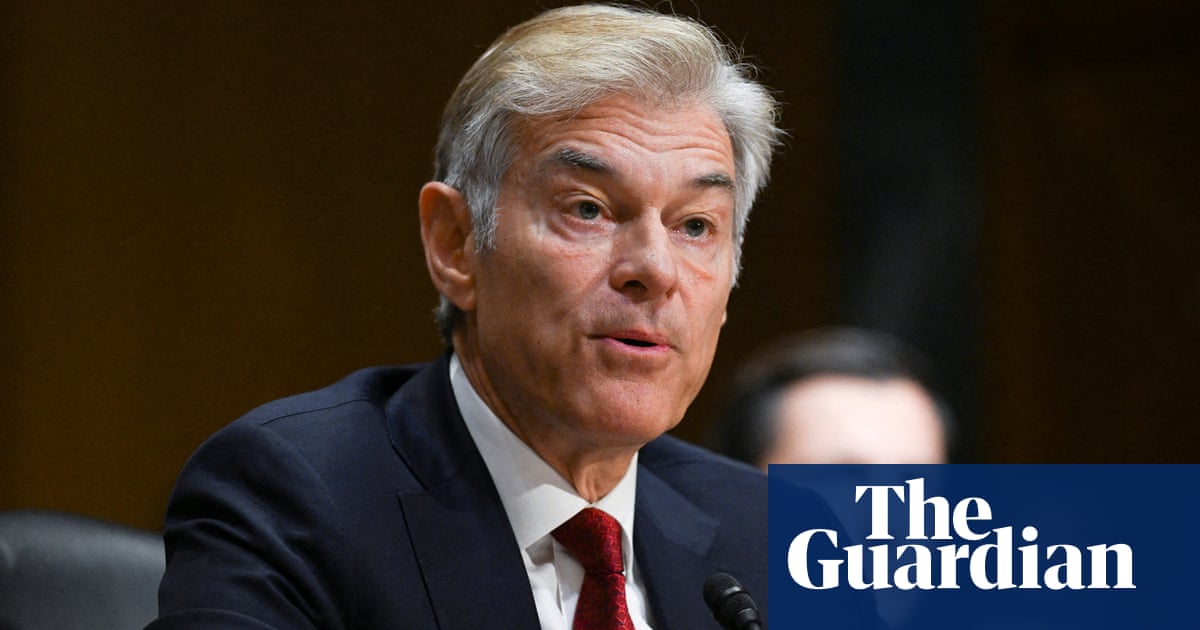Next week churches, chapels and cathedrals across England will be celebrating Christmas in traditional style. Congregations doubled, the pews will be filled for perhaps the only time of the year, the chancels and naves glittering through the darkness with lights, baubles and good cheer. There will be all the old familiar carols, Christingle services and midnight masses, the plaster baby Jesus will be inserted into his crib, the brasswork will shine and, doubtless, waves of beer fumes will waft gently skywards as worshippers re-enact the hallowed, long-remembered rituals of the ancient, astonishing nativity story.
This year, however, a sense of gloom fringes the traditionally joyous celebrations. It has been truly an annus horribilis for the Church of England, experiencing what some see as the gravest institutional crisis since its foundation by Henry VIII in 1534. In the past, it has survived schisms and rows, a civil war, the moral degradation of slavery, the 19th-century battle between biblical literalism and evolution, disputes over ritualism and, most recently, the divisions over the ordination and treatment of woman and gay people. Never before, however, has an archbishop of Canterbury been forced to resign, as Justin Welby was last month, with possibly more bishops to follow, and never has the church seemed so isolated from the society it seeks to serve.
Local congregations and parish clergy are incredulous and demoralised by the way the hierarchy has conducted itself. Church attendance, in long-term decline, is dropping ever more steeply, with an increasingly disastrous effect on church income. Many churches already find it hard, if not impossible, to pay their parish share, the money that goes to sustaining the church’s funding, and encouraging more “bums on seats” – the church’s own inelegant phrase for the holy grail of increasing attendances – is proving elusive. The current crisis could scarcely make it a less attractive institution to join.
The immediate cause is the Church of England’s handling of the latest round of sexual abuse scandals, especially the egregious behaviour of the child-beating conservative evangelical John Smyth, who was allowed to abuse his victims largely unchecked for decades, first in England and then in southern Africa, almost until his death in 2018. Smyth, though, was not alone; nor is Anglicanism in failing to confront sexual abuse in what is an authoritarian religious institution. But in a state church – seeking to represent the spiritual heart of the nation, with a presence across the country – the effect of not dealing with the scandal, or being complacent and bureaucratic when confronting it, as it has been for so long, is particularly corrosive. For decades now, the Church of England has found itself increasingly at odds with the social attitudes of the wider population: it can no longer expect deference, and the latest scandal is horrifying, undermining all the good it attempts quietly, week by week, in local parishes.
It is not true that the church has not tried to tackle issues of abuse and perhaps it has done so more urgently under Welby than his predecessors. Safeguarding regulations and protections are now in place in many parishes and clergy are more aware of what is necessary than they were. But the long legacy of abusive behaviour by individuals has not been adequately addressed and, indeed, has been covered up or overlooked by an overcentralised church bureaucracy.
There is a solution to hand. Professor Alexis Jay, whom the church appointed last year to review its procedures, produced a report calling for the setting up of independent scrutiny and regulation of abuse cases, but this has been largely shelved by the bishops. The Jay report needs to be dusted off and implemented as an immediate measure to restore trust in the hierarchy, because the church can no longer be allowed to mark its own homework. Its autonomy and lack of accountability must be challenged.
Other options are more long term and will not provide the quick fix that the church urgently needs. Episcopal resignations may follow Welby’s. Even a fortnight before he is supposed temporarily to take over Welby’s responsibilities, the career of the archbishop of York, Stephen Cottrell, is hanging by a thread after last week’s revelation that he allowed a priest named David Tudor to remain in ministry and to become an honorary cathedral canon even though during the 1980s he was considered a serious safeguarding risk. Tudor was finally banned by the church two months ago.
after newsletter promotion
Unfortunately, after decades of choosing safe, grey, managerial men to be bishops, the Church of England lacks inspirational candidates to replace Welby – or Cottrell, if they should both go. But perhaps a future archbishop should seek a humbler, less imperial role, concentrating on being a spiritual, even parochial, leader rather than one who feels the need to govern a worldwide communion and to pronounce on every passing issue whether they can influence it or not. The world really won’t mind if occasionally it does not hear from the archbishop, so long as it knows that he (or, maybe soon, she) is offering inspiration and guidance to the flock. That would be a relief all round. Who knows, perhaps it might encourage more worshippers back into church? And not just for Christmas.

.png) 3 months ago
33
3 months ago
33













































